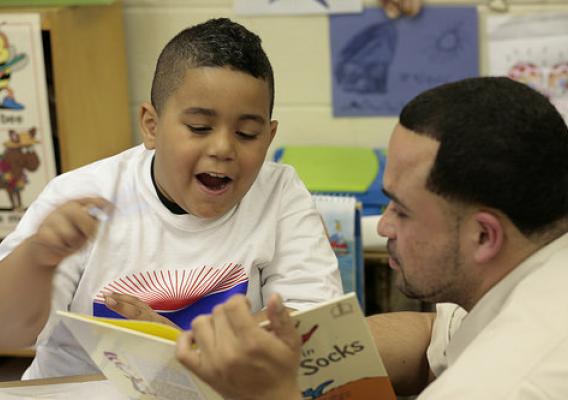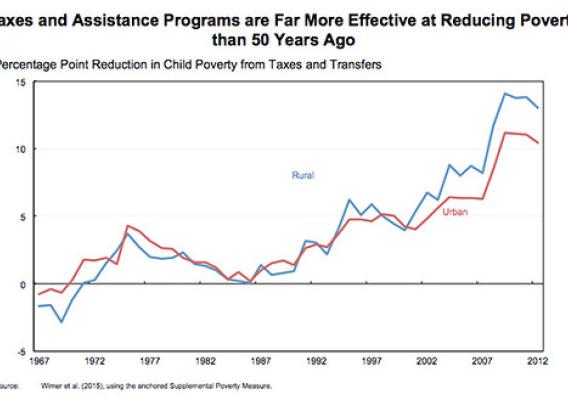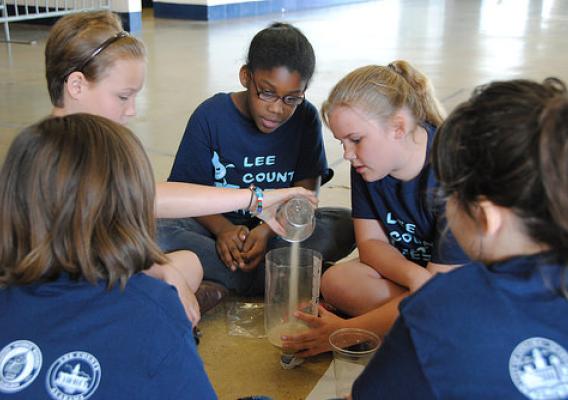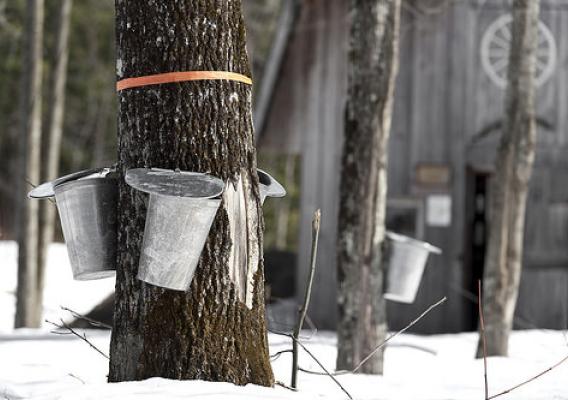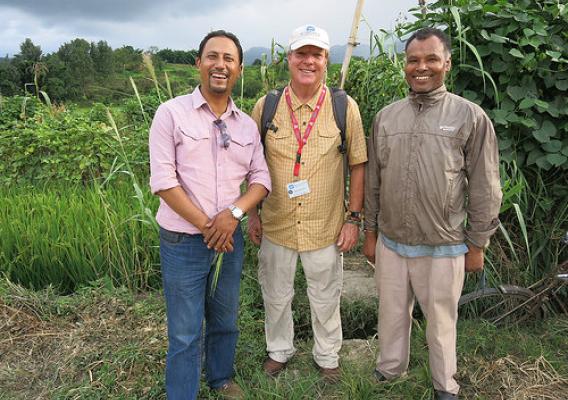Many children look forward to gathering pumpkins in the fall. For some Native American children, another well-loved tradition is gathering maple syrup in early spring. USDA’s National Institute of Food and Nutrition (NIFA) provides grants to support a unique camp where reservation youth can experience their cultural traditions while learning plant science.
Maple syrup is one of the oldest agricultural products in the United States and is one of the foods the first Americans shared with European settlers. Dr. Steven Dahlberg, director of Extension at White Earth Tribal and Community College (WETCC), used part of a $100,000 NIFA’s Tribal College Extension Grant to support four seasonal camps for at-risk youth, including one where they learn to keep their traditions alive at sugar bush camps. A “sugar bush” is a grove of maple trees used to produce syrup. Participants also discover how to transform watery maple sap into the syrup we know and love. In Minnesota, the Fond du Lac, Leech Lake, and White Earth tribes hold sugar bush camps in spring when most trees are full of sap. No fancy machinery is required here; campers use the traditional method of cooking sap over a wood fire, where it often takes days to process the syrup.

